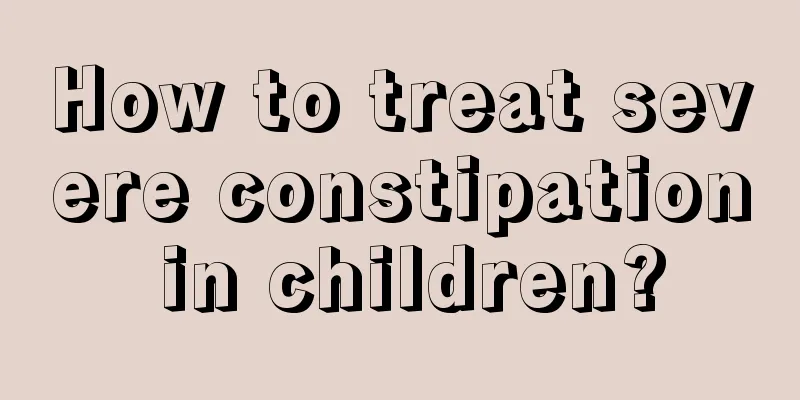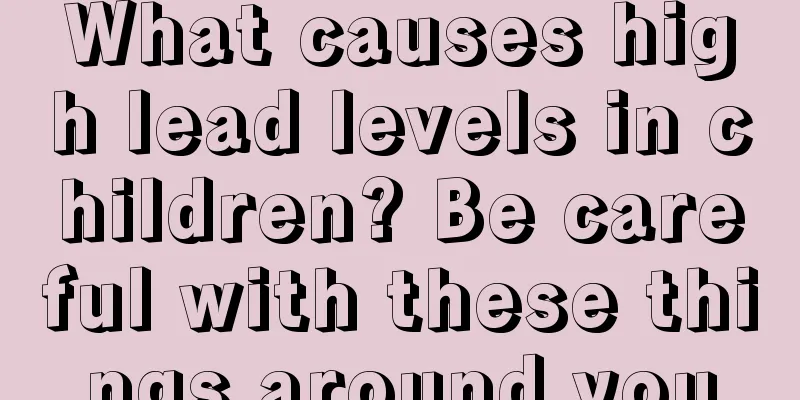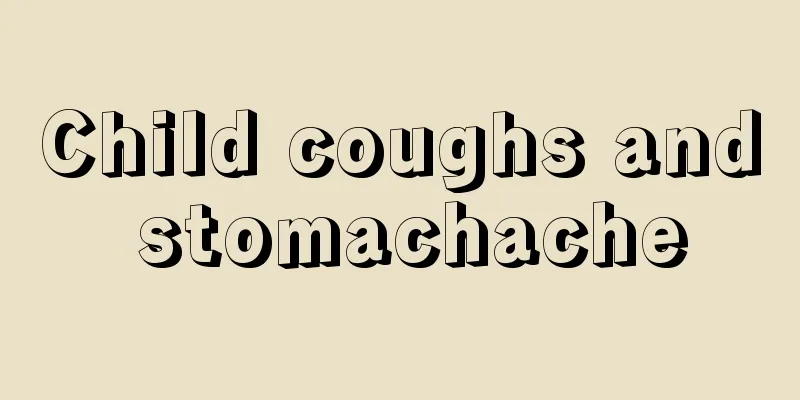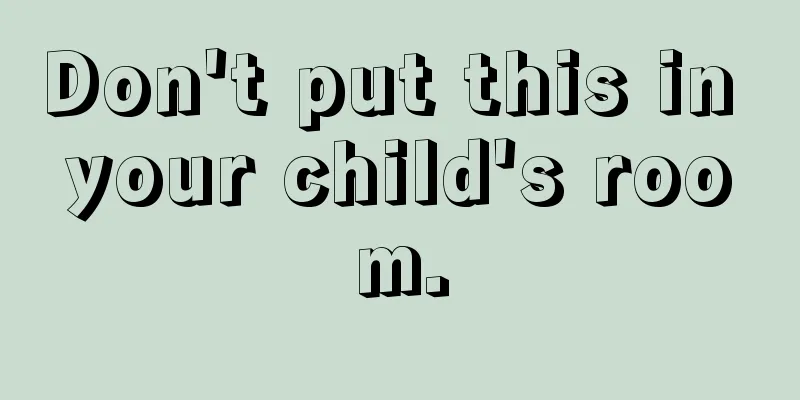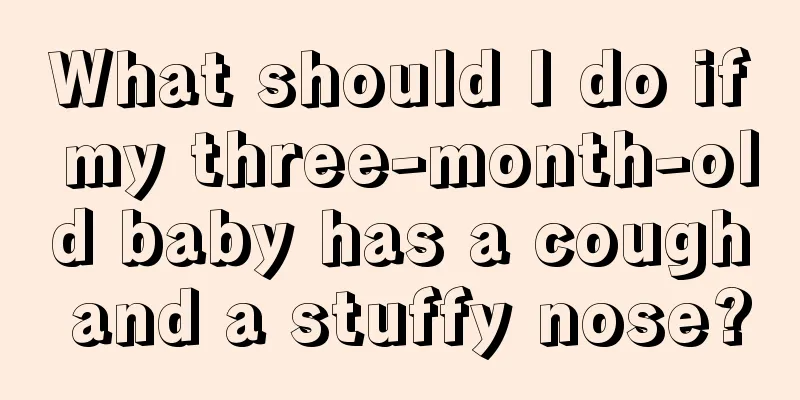What should I do if my child vomits after taking medicine when he has a fever?
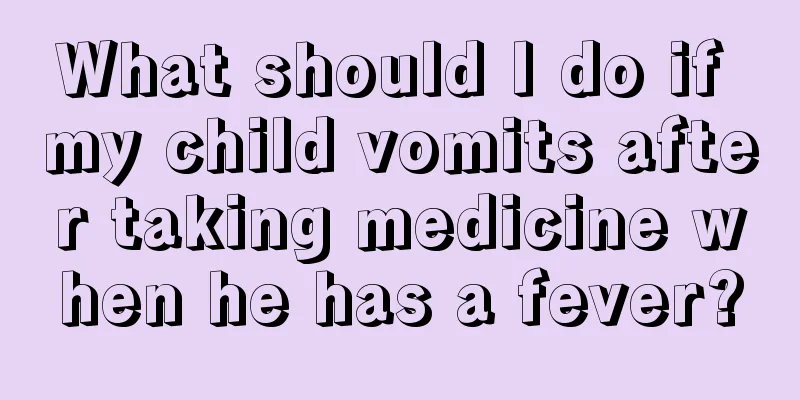
|
Cold and fever are common symptoms in children, and they need to be treated with medication in time. If the medication is not used properly, or the child's stomach is weak, the irritation reaction of the drug will be more serious, which will cause great stimulation to the stomach. At this time, it may cause the child to vomit after taking the medicine. In addition, when taking medicine, if there is less food in the stomach, it is also easy to cause vomiting symptoms, so when taking medicine, avoid taking medicine on an empty stomach. In addition, when children have a fever or a cold, their stomachs are uncomfortable and they are more likely to experience such symptoms. What should I do if my child vomits after taking medicine when he has a fever? There may be two reasons why a child vomits after taking medicine when he has a fever. First, the child does not accept it and will not eat it because it tastes bad. This unpleasant reaction will stimulate him to vomit. Another reason may be that the disease itself may cause gastrointestinal symptoms such as vomiting. If it is the latter, clinical practice generally uses a little Ma Dinglin to improve gastrointestinal motility, and gives it to the baby half an hour before taking the medicine. If the tablets are difficult to swallow, the mother can grind them into powder and mix them into fruit puree or milk powder so that the baby can take the medicine without knowing it. If the medicine is liquid, you can add a little sugar or juice and the baby will be done with the sweet sucking. 6 ways to reduce fever in children 1. Maintain good air circulation in your home If your home has air conditioning, maintain the room temperature between 25-27℃. You can place the child in an air-conditioned room or blow an electric fan around him to slowly lower his body temperature, which will make the child feel more comfortable. But if the limbs are cold and the patient is shivering violently, it means that the patient needs warmth, so he should be covered with a blanket. 2. Take off excess clothing If your baby's limbs, hands and feet are warm and he is sweating all over, it means he needs to dissipate heat and he can wear less clothes. 3. Warm water bath Undress the baby and rub the whole body with a warm water (37℃) towel. This will dilate the blood vessels in the baby's skin and release body qi. In addition, when water vapor evaporates from the body surface, it will also absorb body heat. 4. Use a cooling patch It helps to dissipate heat, but it is not recommended for younger children because it is difficult for them to turn their bodies and the ice pillow can easily cause local overcooling or hypothermia. You can also use a cooling patch. When the water in the gelatinous substance of the cooling patch evaporates, it can take away the heat and will not cause excessive cooling. 5. Drink plenty of water To help sweating and prevent dehydration. Water has the function of regulating temperature, which can lower body temperature and replenish water lost in the baby's body. 6. Use antipyretics When the core temperature (rectal temperature or ear temperature) of an infant or young child exceeds 38.5℃, antipyretic solutions or suppositories can be used appropriately. |
<<: What are some ways to help children concentrate?
>>: What medicine should children take for bronchitis
Recommend
Two-year-old girl has a bad smell in her private parts
Children nowadays often wear open-crotch pants, a...
What are the common complications of nephrotic syndrome in children?
Don't think that only adults can get kidney d...
Yellow stool during neonatal jaundice
In our lives, neonatal jaundice is a very common ...
What to do if your baby has a cold, cough or pneumonia
Newborn full-term babies are delivered from their...
What to do if baby's hair is thin and yellowish
Thinning hair is a problem that many people will ...
Why does my child always have stomachache?
Many people suffer from stomach problems, which a...
What causes numbness in children's legs?
Children usually run and jump around and are full...
Will there be a mark left after a child falls and gets stitches on his chin?
The chin is a relatively important part of the hu...
What should I do if my child has red bumps on his body that itch when scratched?
In the hot and humid summer, children may develop...
Seven-month-old baby's sleep time
A seven-month-old baby is in the development peri...
What toothpaste is good for children's tooth decay
It is not easy to avoid tooth decay in children. ...
Symptoms of delayed physical development in infants
Physical retardation is a manifestation of childh...
What snacks are good for 2-year-old babies?
Snacks are very familiar to us. We all like to ea...
How many months does it take for a child to speak?
In fact, every child learns to speak at a differe...
What is the cause of the blue vein on the baby's nose?
There are many blood vessels and organs in the hu...


